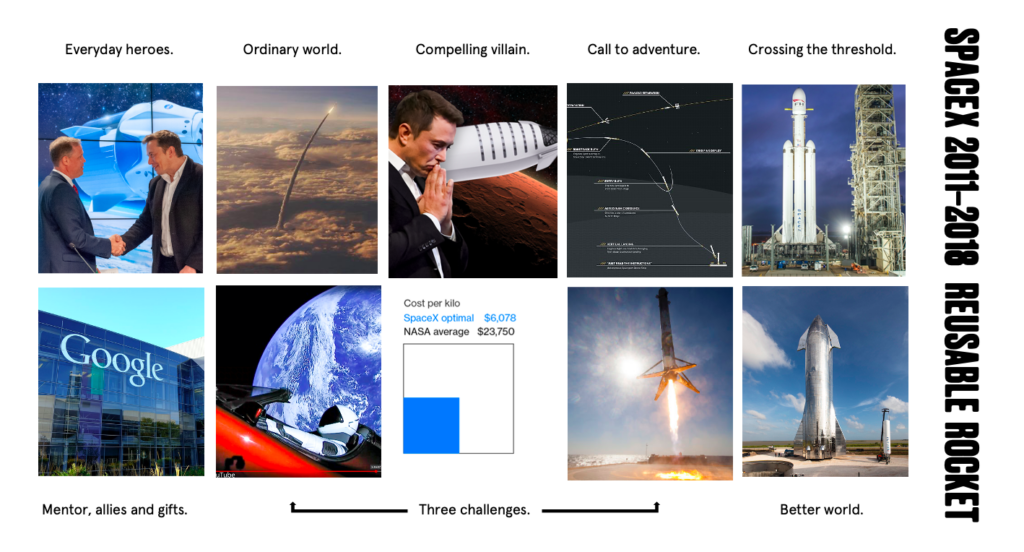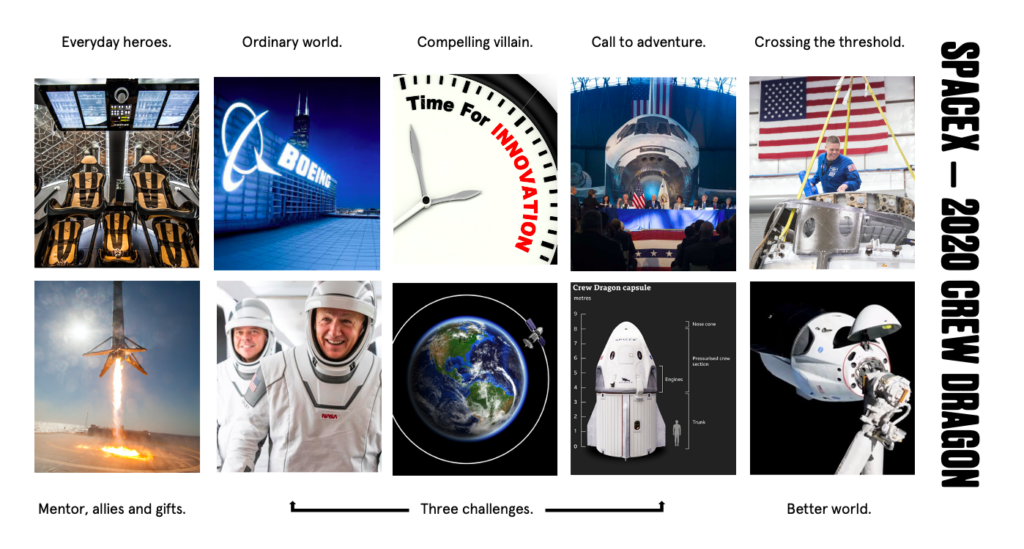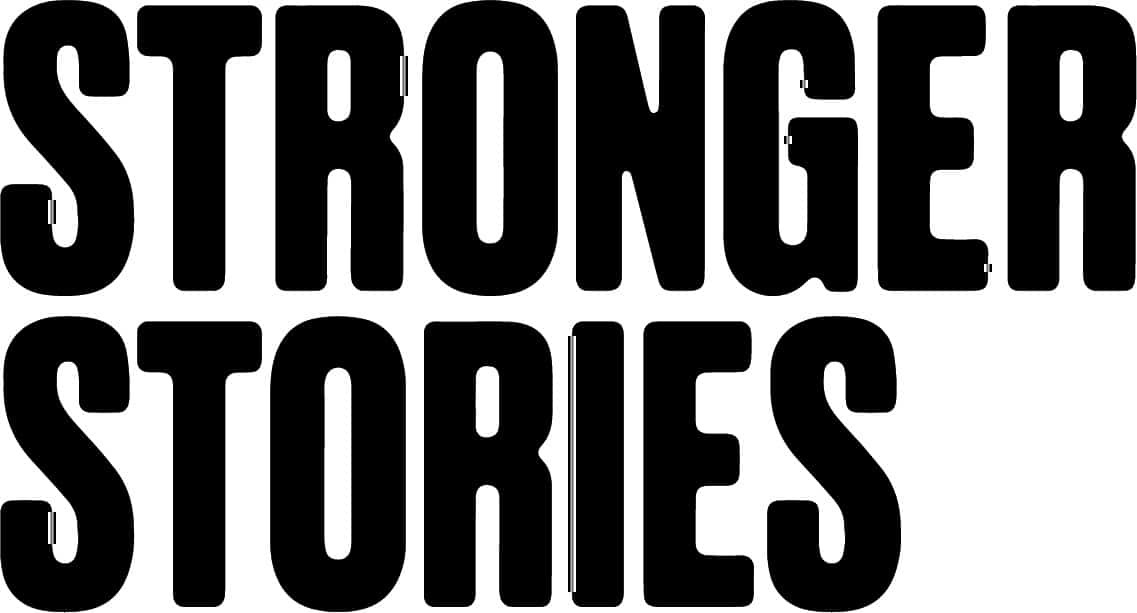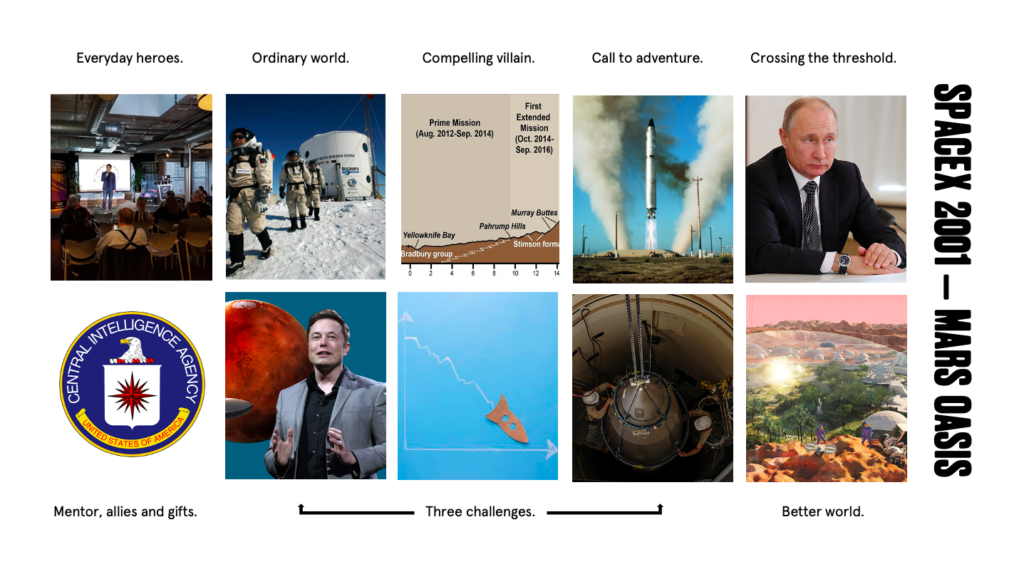
How Elon’s Storytelling Can Help Grow Your Good Idea
- Written by Guy Pattison
The power of simplicity, inclusivity and consistency in storytelling.
Like him or not, Elon Musk has an unparalleled track record in bringing to life big ideas. His story-driven ideas at the heart of Tesla, The Boring Company, Neuralink, Open AI, Hyperloop and SpaceX are told in a way to capture people’s imaginations and win their support.
They’ve helped create the seemingly irresistible momentum those organisations and ideas have and perhaps, even more enviably for some, huge value for shareholders and partners.
What is clear, without debating the merits of Musk, is that his storytelling has certainly helped make things happen. And on that front, when we’re talking about the electrification of the transport sector and revolutionising battery technology, I’m going to say that’s unequivocally a good thing for us all.

So, what can we learn about his storytelling that can help us make things happen for our good ideas too?
Looking at the stories of three key events in the nearly 20-year history of SpaceX, reveals three tips we can all benefit from.

1. Simplicity – keeping it simple
When it comes to getting people behind an idea, it definitely helps if they recognise our expertise. But when we try and cram too much of our actual subject matter knowledge into how we talk about our ideas, it can hinder rather than help.
It helps to think about the mantra, “the right story at the right time in the right place”.
There’s definitely a time and place for detailed explanations, but those ‘nuts and bolts’ conversations that many of us gear our stories around, need to happen a lot less often than we think. To generate momentum for an idea, the majority of your stories need to be shaped instead to sell people on:
- An exciting vision and promise focused on the (non-technical) benefits and outcomes
- An exciting journey broken down into simple challenges of risk and reward
- An exciting group, community or tribe to belong to
You can see from the storyboards, that the stories told by and about SpaceX do this brilliantly.
It takes skill and effort to take a complex subject matter and make it simple. Journalists train and hone their skills on how to write for an average adult reading age of 9-11 years old. But the reward for keeping it simple is an idea that is both easier to spread and stick.
2. Inclusivity – hearts and minds
Winning hearts and minds is another, more familiar, mantra. The truth it represents is that we need to tell stories about our ideas that:
- Make sense of the way that we see and make sense of the world, our values and beliefs, otherwise we’re more likely to reject them
- Make people feel there’s a place for them in our story so that the story becomes theirs too
The first point, sometimes described as the concept of ‘narrative fidelity’ and the subject of many types of bias, is well understood by professional communicators. It boils down to the expression behavioural economists like to use, which is while we like to think we’re logical and rational decision makers, we’re actually highly irrational and emotional.
For SpaceX, they achieve this by anchoring their storytelling in the romantic notion that exploration is innate to us. It speaks to a version of ourselves – as individuals, as groups and as species – that goes to the heart of why people are emotionally invested in space exploration.
But it’s how SpaceX approaches the second, which is where the best lesson lies.
As a new private sector challenger into a then tired, bloated sector, it would have been easy to make the incumbents the villain of a story where SpaceX flaunted their cheaper, faster, better innovations. But playing the long game of sector transformation, they made room for redemption by celebrating partnership with existing space programmes and instead casting time as the shared ‘villain’ and the journey of change as the race against it.
It’s definitely won them more support to go further, faster, together.
3. Consistency – staying true to your idea
Story, like strategy, is a living messy thing.
We all know that to stay relevant, you need to continually adapt your story to changing contexts and narratives (ideas). And when change is as relentless as it is today, this is a full-time job.
But you also need to remain consistent.
Consistency in your storytelling not only helps you cut-through but also helps people feel that you’re remaining true to your idea and – most importantly – true to the idea of you that they carry in their head. It’s what marketers like to call authenticity and its power lies in the trust that consistency implicitly builds and maintains.
It’s why we talk about creating a master story our Lean Story Canvas, so that you find the foundational building blocks for bringing your idea to life. These give your idea consistency. They allow you tell your story – the same story – in a million different ways so that you can maximise your relevance to an audience, an issue or an opportunity.
Whether it’s growing mustard seeds on Mars, designing re-useable rockets or opening access to low Earth orbit, all of Space-X’s stories align behind the same idea. That Musk is ultimately committed to making humans an interplanetary species.
What problem are you committed to solving and why? This is one route to demonstrating consistency, whatever version of the idea you’re pursuing or story you’re telling.

Final thought from me, is that when a good idea represents our life’s work, it can feel incredibly difficult to simplify things. It can feel like it doesn’t do justice to our hard-won experiences or effort. So, think of story as another tool to make it easier to find the right people to help you have a bigger impact.
As for Elon, he should be recognised for his ability as a storyteller as much as he’s regarded as an engineer, industrial designer, entrepreneur, investor and philanthropist.
View the full SpaceX story mapping here
Share:
Grow Your Good Idea Faster
New ideas are precious. Win support by learning how to create and tell a stronger story – join our Lean Story School for free.

Related posts
Changing the Narrative in Education
Today (Monday 25th January 2021) is UNESCO’s third International Day of Education. The COVID-19 pandemic has...
A Taste of Story School
With the ‘BETA’ launch of our new Story School achieved, we’re sharing a free taster lesson. The...
From Awareness to Celebration: Neurodiversity Celebration Week
Siena Castellon is the author of The Spectrum Girl’s Survival Guide and Founder of Neurodiversity Celebration Week...
Learn from the strongest stories about change
We’re working hard to walk the talk.
We’re proud to have been awarded The Blueprint and B Corp status in recognition of our work towards creating a better world.


